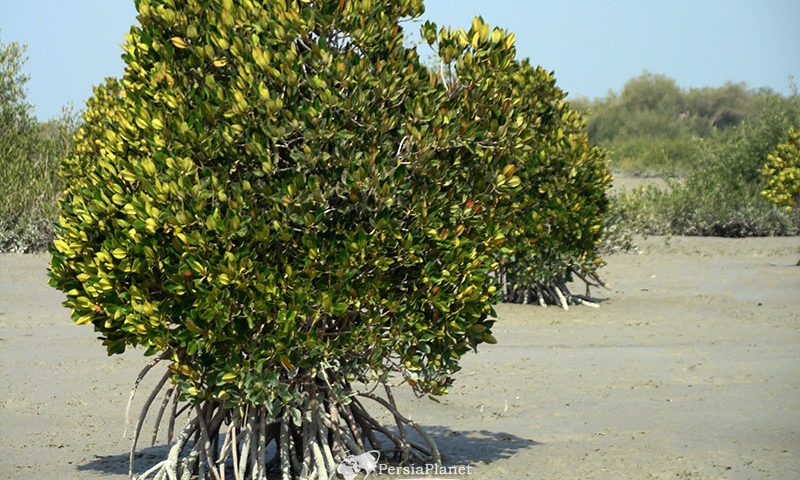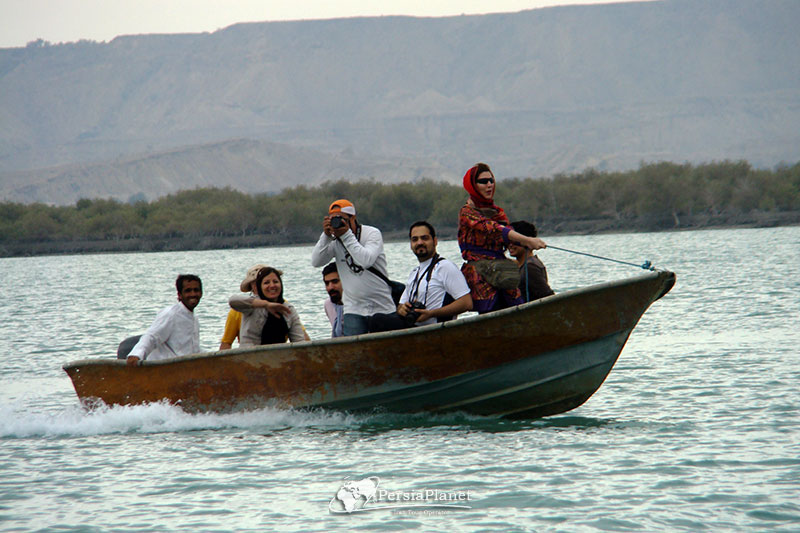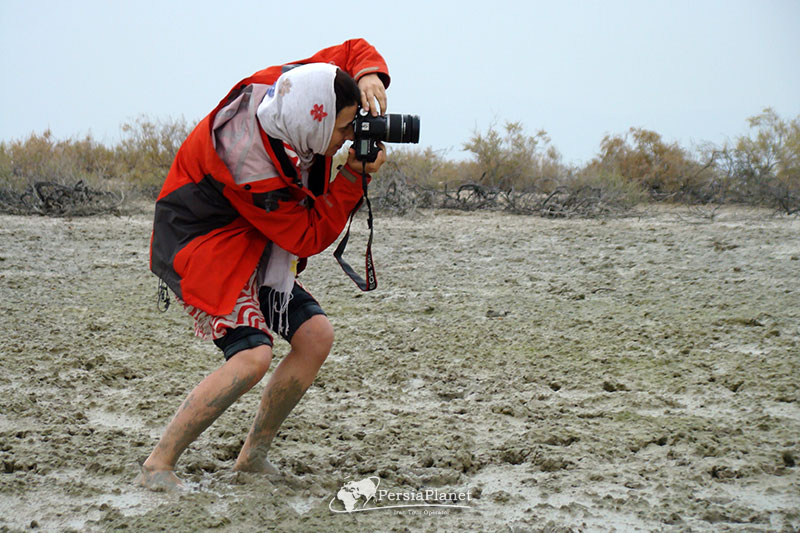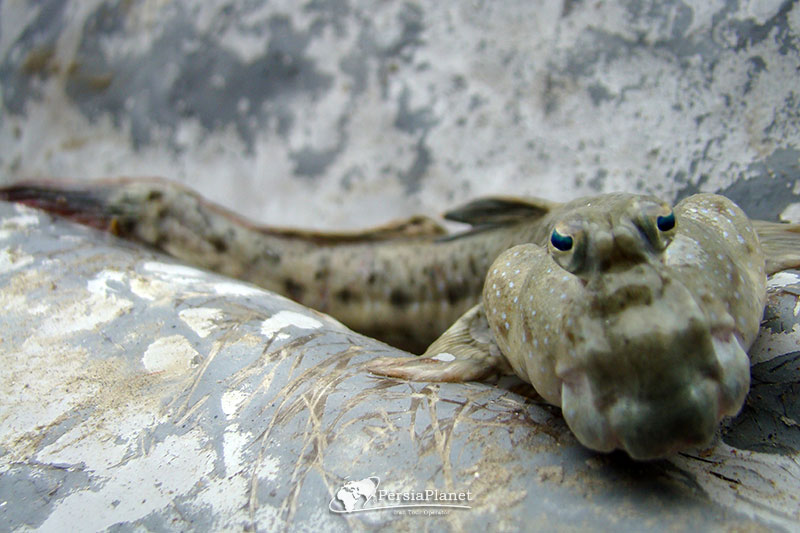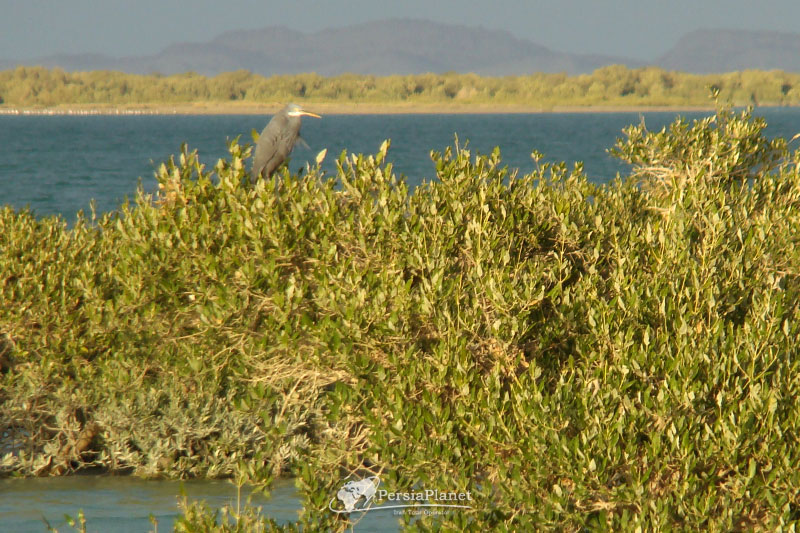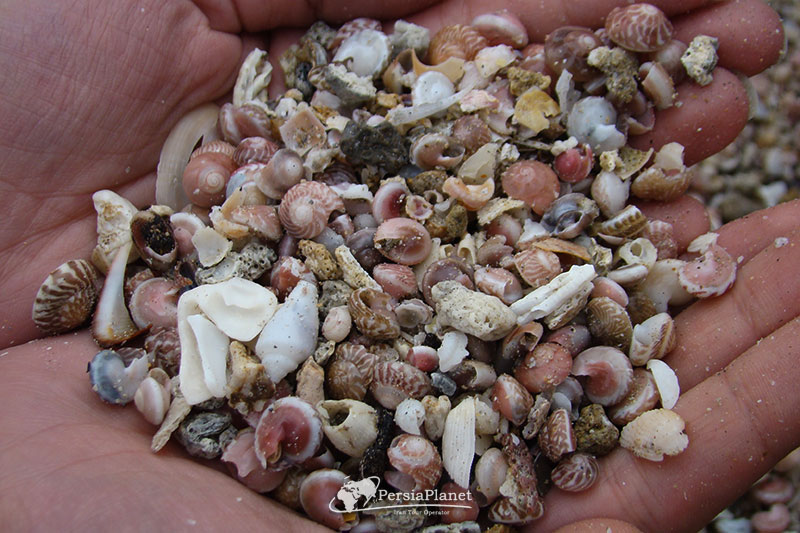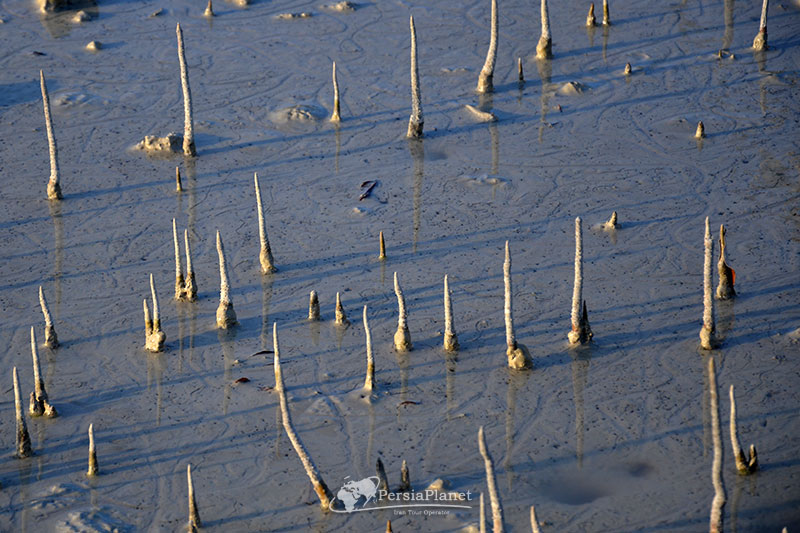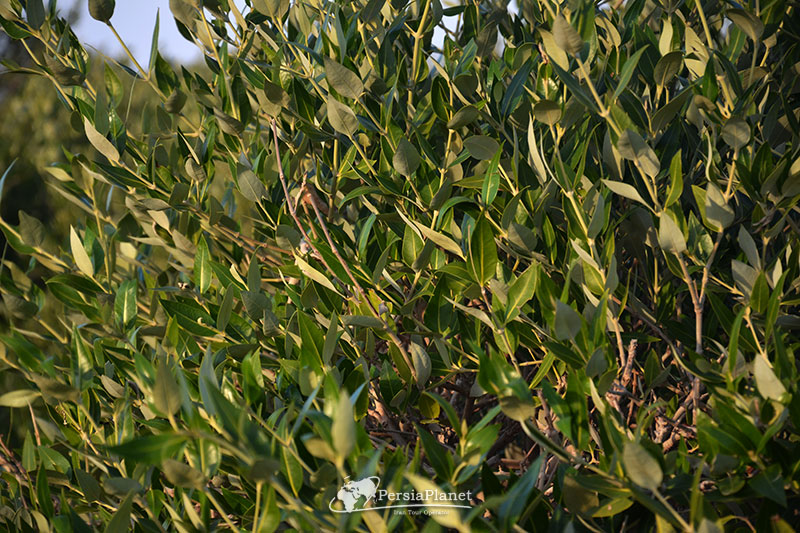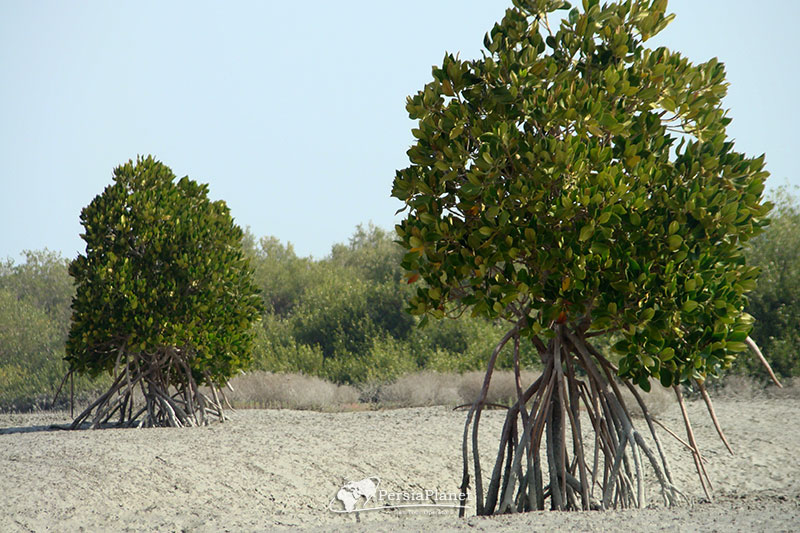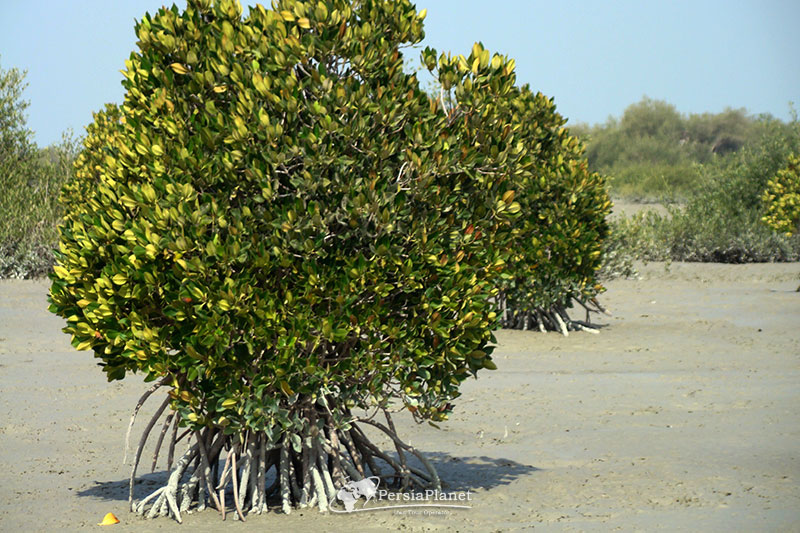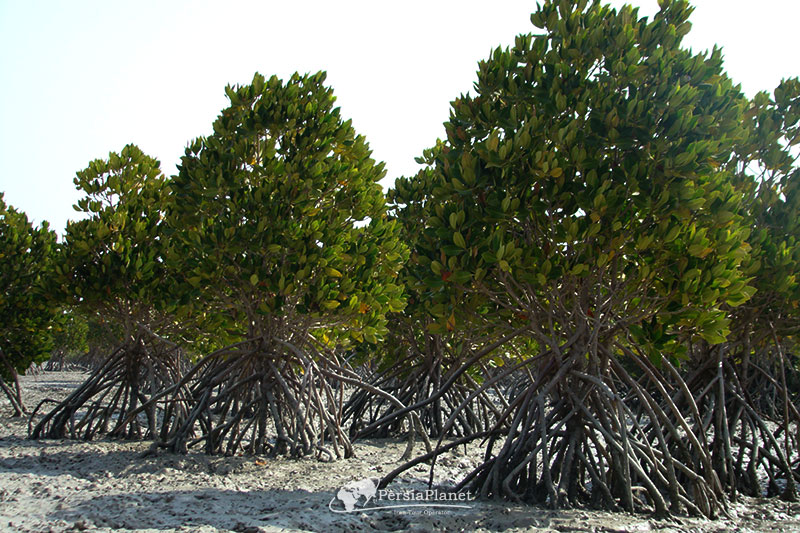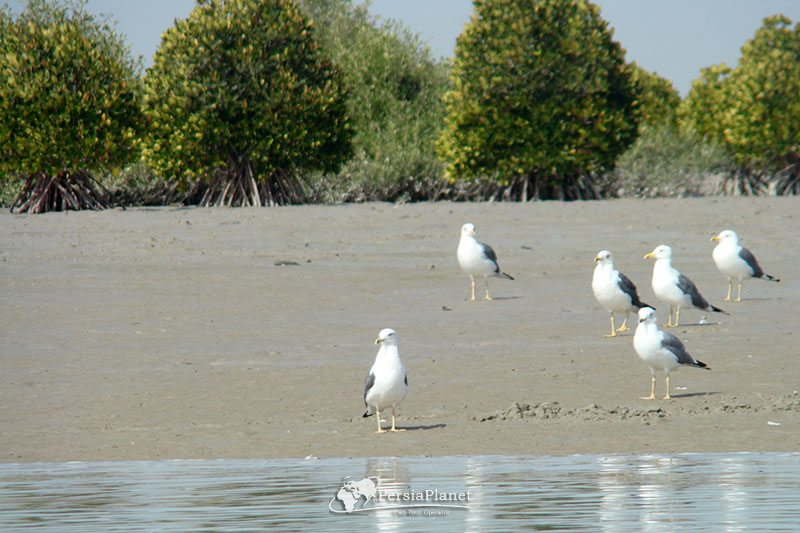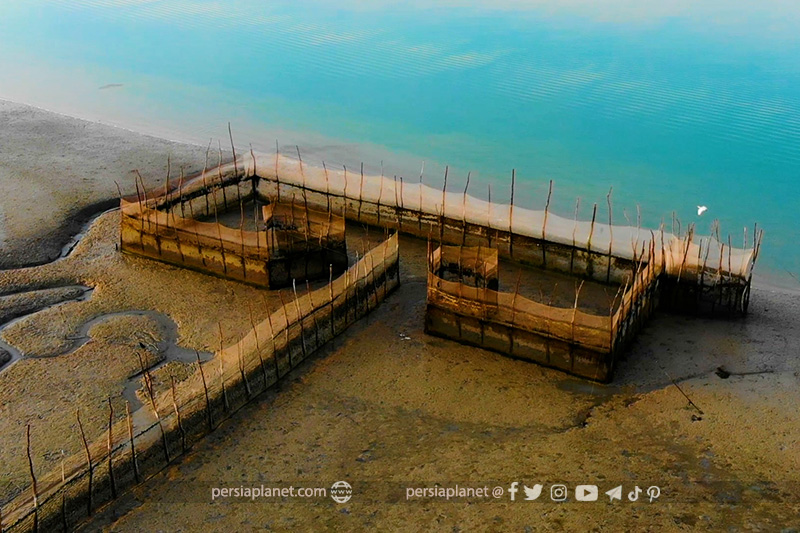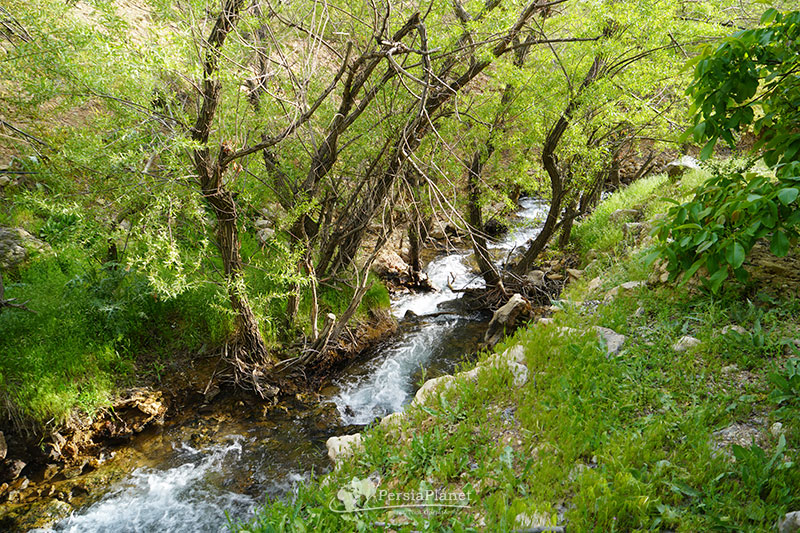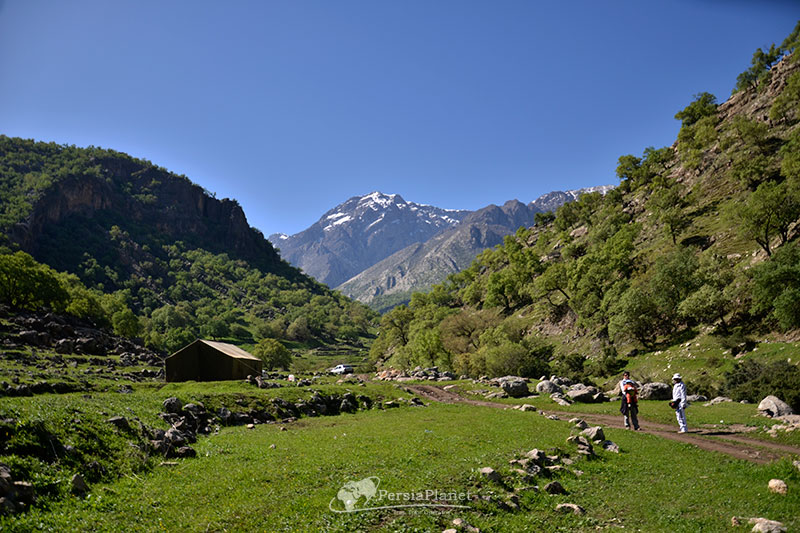Qeshm Hara forest

Damash Siahoo Valley
September 23, 2020
Qeshm Statues Valley
September 23, 2020Hara (Mangrove) forests are among the important tourist attractions in the southern provinces of Iran, which are of interest to tourists, especially nature lovers, due to their unique and diverse ecology. These trees are among the rare species that are able to withstand the salty water of the sea and can survive in these conditions.
Abundant salt in the sea water has made it possible to grow trees on the seafront and practically no significant vegetation is observed in these areas. But during their gradual evolution, which is the result of thousands and maybe millions of years, mangrove trees have adapted to the salt water of the sea and have been able to use this water and have been able to grow a significant part of the southern seas of Iran. For this reason, these unique trees are of great importance in these areas and are protected in many areas.
In addition to brackish water, these trees must be able to survive in conditions where most of them are underwater, as mangrove forests are submerged in seawater each time, with the retreating of trunks and roots.
One of the largest mangrove forests in Iran has grown in the Qeshm region, between the island and the coastline of southern Iran. This vast region, in addition to the commercial benefits it has created for the natives of the region, is now known as one of the tourist destinations, and countless nature lovers enter Qeshm Island to visit these forests.
These forests can be visited in several places, including Tabel wharf and Soheili wharf. In these piers, it is possible to go boating in the water. Also, if you want, you can do a short walk among the trees, of course, is possible only in conditions of water retreat. However, even in these conditions, the space around the trees is covered with mud and it will be difficult to walk.
Mangrove forests create a good environment for other birds and animals to live around them, and for this reason, different species of birds can often be seen in these forests. Birds, some of which live in the same areas and some of which enter the land to spend the migration season.
Mehdi Gholami.

